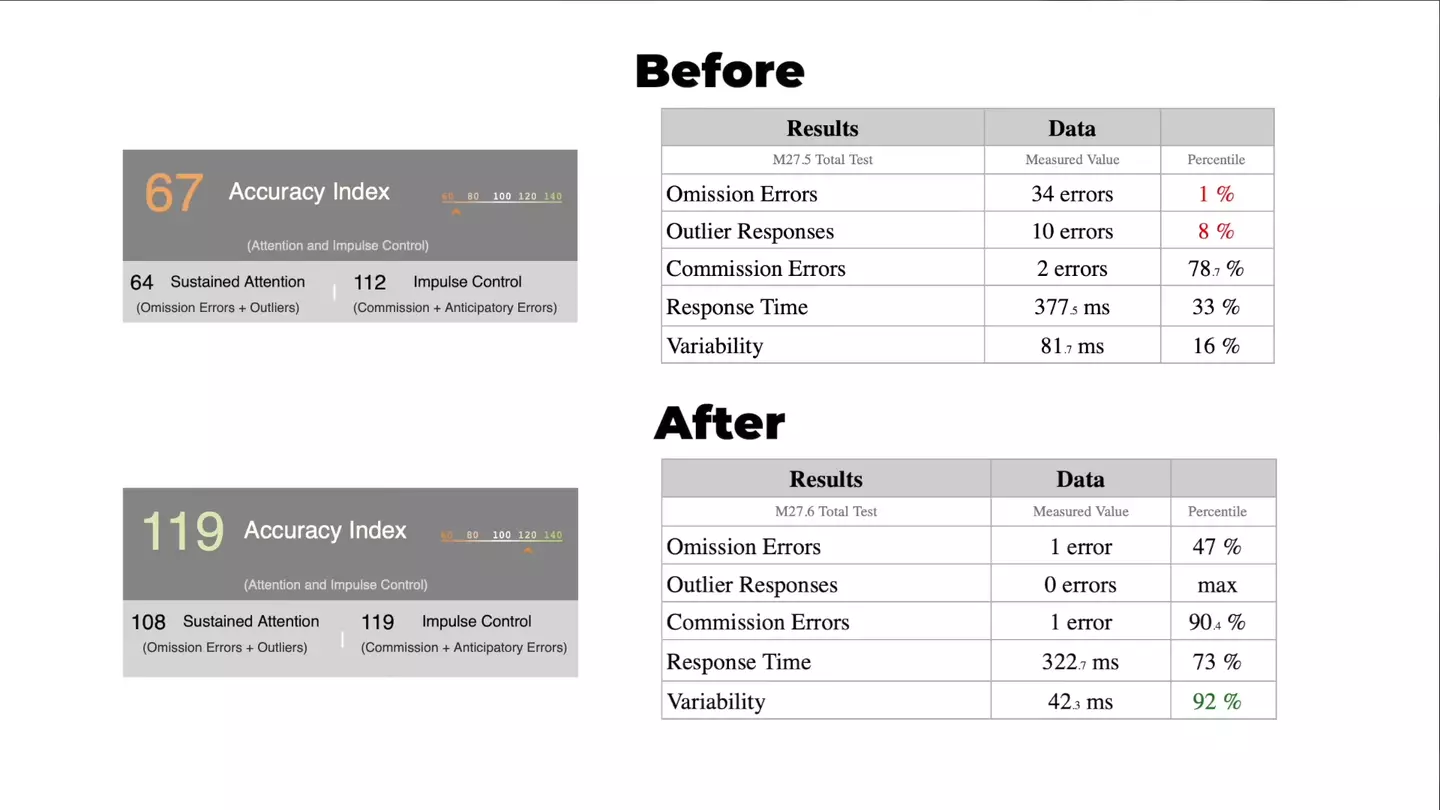
Phone addiction is something that millions of people across the globe suffer from every day either consciously or unconsciously, and one YouTuber took the steps to address his own concerns by ditching his device for 30 days straight.
It's something that we've all probably thought about doing at one point – most likely after a dreadful session of doomscrolling – but it's understandably difficult to untether yourself from a gadget that we all use for hours every day.
It's many people's access to social media, their hobbies, and even their friends and family, yet using it as much as you do could actually have a detrimental effect on both your brain and broader health.
Under that hypothesis, YouTube creator Andrew Feinstein made the decision to lock his iPhone in a box for 30 days straight, conducting a scientific brain scan both before the experiment started and after it had finished, and the results will likely shock you.
Advert
Adding to the challenge, he also removed all social apps from his laptop and other similar devices to make it so that they'd only be usable for work, effectively doing a digital detox for anything outside of his job.
Almost immediately he ran into some unexpected 'issues', as you don't quite realize how much you rely on the six-ish inch device that's always in your pocket.
Using maps in a car, for example, becomes much harder when you have to rely on physical versions, and he still felt distracted simply because of the habits he'd built up when using his phone.
After just a month of not using his phone, the scores measured in the brain scans jumped up significantly, showing quite how much just a 'short' time away from these devices can have for your health.
For example, his omission errors dropped from 34 in the first test all the way down to just 1 in the follow-up, and a similar drop from 10 to 0 was observed in outlier responses.

His response time also increased from 377 ms to 322 ms, and the variability almost halved, showing a much more consistent performance when the second test was conducted.
What's more, Andrew felt significantly better in himself over the course of the 30 days, showing that it's not just numbers that can reveal the shocking reality of a phone addiction.
"After 30 days, what I realized is that this journey isn't really about the phone," he explained. "Whenever you use something to escape, to distract, it isn't about the distraction, it's about what you're distracting from.
"In a way, I needed to give up the phone in order to see what was really beneath the surface, and now begins the real journey to work through what I found, to continue to be vulnerable, to keep enjoying my life, and to love myself."
This video and experiment might encourage you to do the same, and who knows what you might find out about yourself or what effects you'll feel, but there's a good chance it'll be a positive change.
